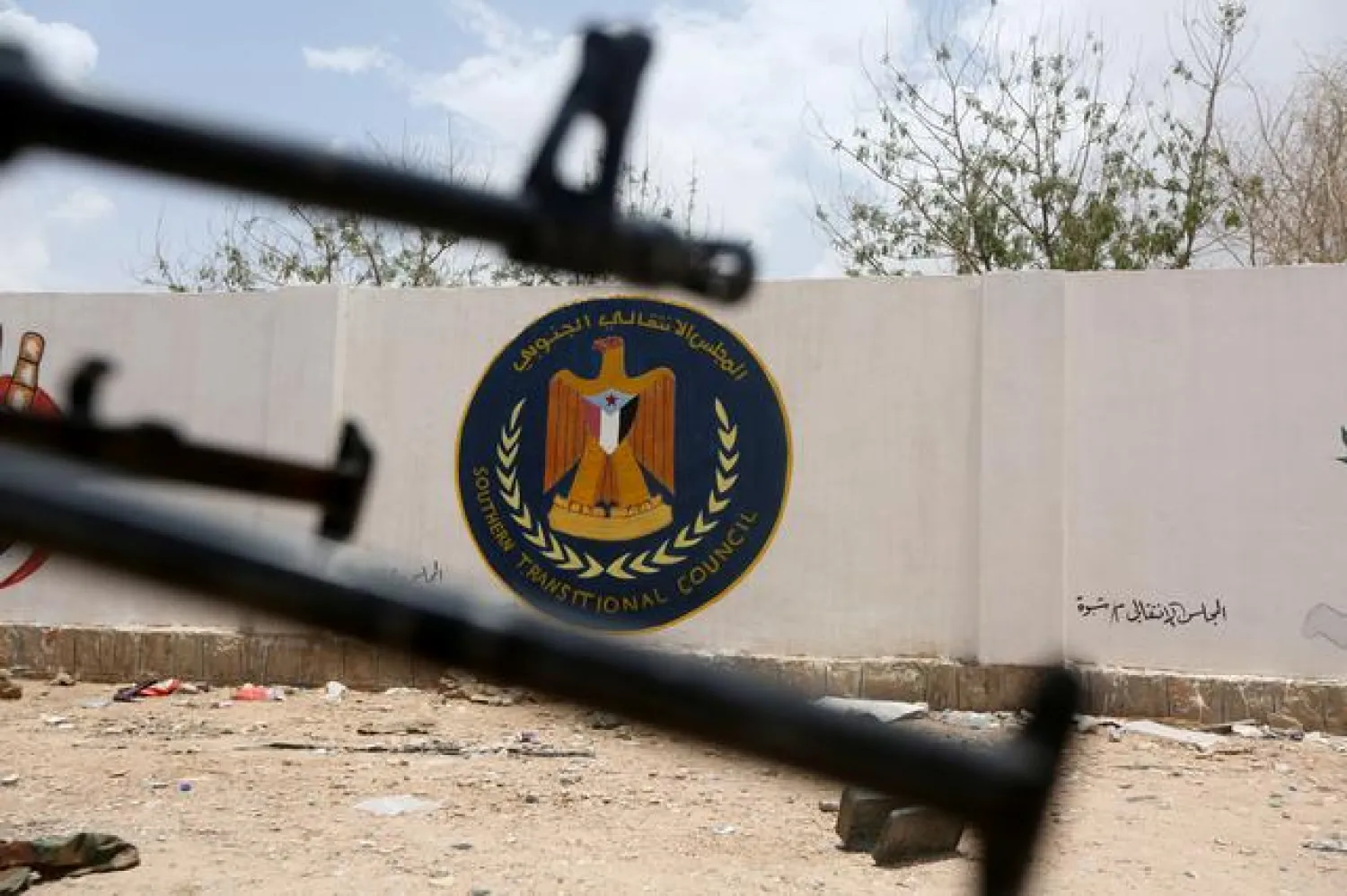Despite the Southern Transitional Council (STC) suspending its participation in government formation discussions, Yemeni sources insisted that the Riyadh Agreement and its accelerating mechanism are the only safe way to resolve the Yemeni crisis.
The STC had suspended its participation in the Riyadh Agreement implementation negotiations for a number of reasons.
It sent a letter to Saudi Arabia, the sponsor of the deal with the Yemeni official government, listing the reasons for its suspension.
In a statement, the STC cited "persisting and escalating the pace of military acts by forces affiliated to the legitimate government in the southern governorate of Abyan, and failing to abide by the ceasefire.”
Since a ceasefire declaration on June 22, government forces committed more than 350 documented violations leaving over 75 of STC troops killed or injured, and kept “mobilizing forces southward,” it added.
Southern Movement leader Ahmed al-Saleh reaffirmed that the Riyadh Agreement and its accelerating mechanism are the sole solution for all parties in Yemen.
“The agreement mechanism must be implemented because it is clear and everyone signed it willingly, and we hope that the brothers in the Kingdom (Saudi Arabia) will put pressure on all parties, especially the legitimate ones, to implement and stop all movements and military mobilization,” Saleh told Asharq Al-Awsat.
The government also "failed to care for martyrs families, to treat the wounded … to pay salaries for several months," the STC statement read.
According to Saleh, some parties harbor illicit intentions to thwart the Riyadh Agreement.
“We hope that our brothers in Saudi Arabia will exert real pressure to restore the political track because it is the only way out. There was a kind of optimism, and the STC with all its leadership is in Riyadh in order for the agreement to succeed,” Saleh stressed.









